Three ideas to help you keep up with your reading
One of the problems most busy professionals have is keeping up with all their reading. This is an important aspect of our role that many struggle to manage well. Most people tend to create a reading file or pile with the aim of getting back to it . . . but rarely do.
I have three suggestions for keeping up with all the reading material that arrives via email:
1: Use the 2 minute rule for reading emails that land in the inbox. Spend up to 2 minutes to read the email the first time you see it (you often need much less than this – 2 minutes is really quite a long time). At least 80% of the time, that initial read will be all you need to be across the issue and you can happily delete the email. About 15% of the time, you need another 3-5 minutes of reading – I suggest clicking a link to open a web browser or print the email and read that detail at next opportunity during the day (at tea or coffee/lunch break, waiting to start a meeting, while travelling – ie: during the cracks of free time each day).
2: Use something like Outlook’s Junk Folder function. Right-click an email that regularly needs reading (newsletters, subscriptions, monthly reports etc) and choose Junk > Block Sender. This sends this and all subsequent emails from that email address to the Junk Folder where you go once a day or once a week to quickly scan these lower relevance message for anything that you want or need to read. The advantage of the Junk folder is that it automatically deletes these emails once they are one month old. Let’s face it – if you haven’t read that email within a month you probably never will and/or its usefulness to you when a month old is negligible.
3: Of course, you can set up a specific folder for reading material and manually move (or use rules to automatically redirect) messages to this folder. The key is to also have a scheduled block of time in the calendar (just like a meeting appointment) once a day or once per week for dedicated time to keep up your reading. In an age of information and data overload, it’s critical to keep up with developments in your area of expertise and/or interest.
Want to learn more?
Watch the Free Webinar Recording
If you’d like to learn more about the revolutionary the Triage Your Inbox process, the best place to start is by watching the free webinar recording “The Secret to Managing Your Inbox Without Feeling Overwhelmed”. Once you register, you will be redirected to the link with the recording, webinar handout, and special offers on the TYI On Demand and the Revolutionise Your Inbox on Demand programs.


